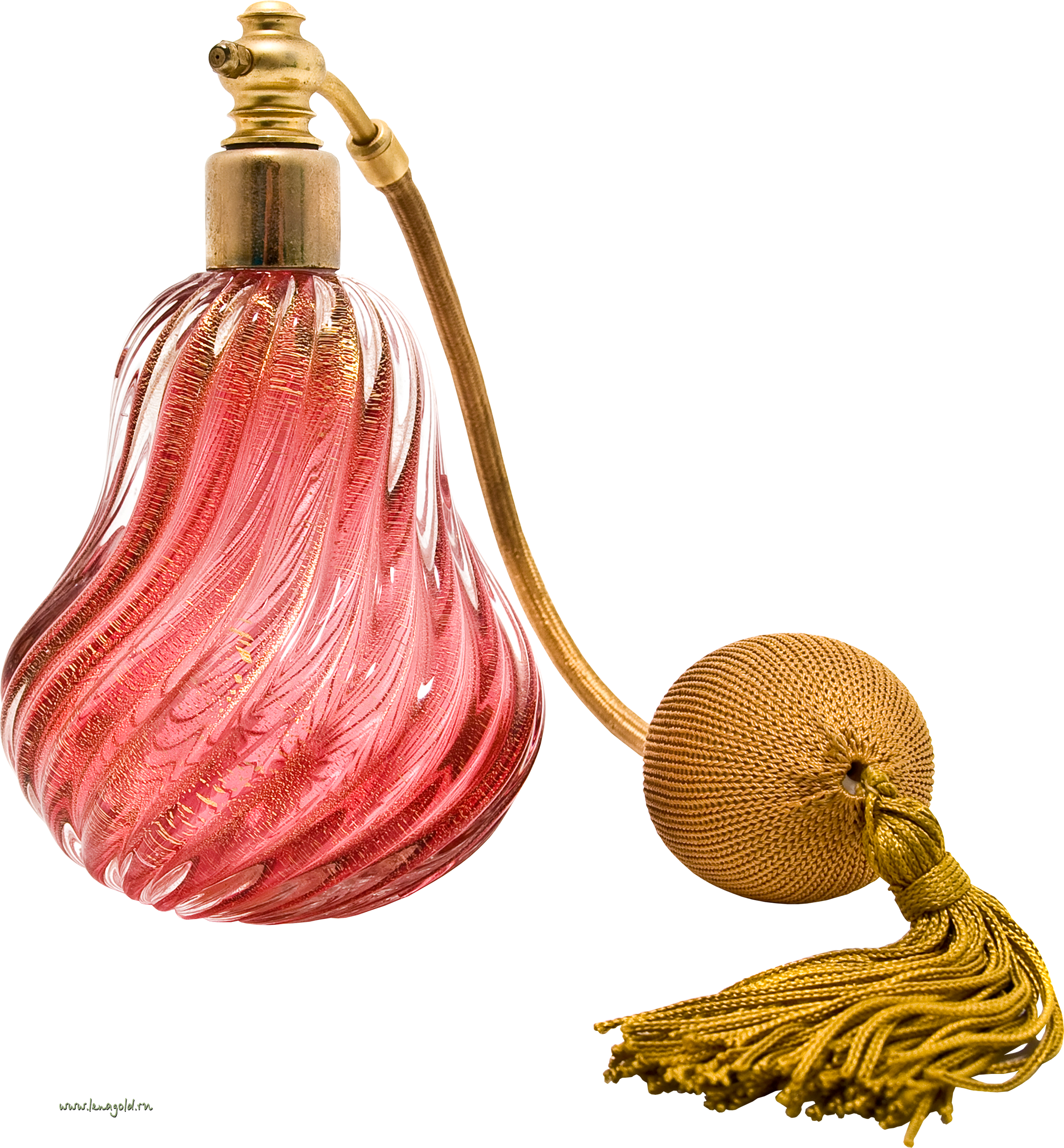
This image has format transparent PNG with resolution 2400x2590.
You can download this image in best resolution from this page and use it for design and web design.
Perfume PNG image with transparent background you can download for free, just click on download button.
Perfume is a mixture of fragrant essential oils or aroma compounds, fixatives and solvents, usually in liquid form, used to give the human body, animals, food, objects, and living-spaces an agreeable scent.
Ancient texts and archaeological excavations show the use of perfumes in some of the earliest human civilizations. Modern perfumery began in the late 19th century with the commercial synthesis of aroma compounds such as vanillin or coumarin, which allowed for the composition of perfumes with smells previously unattainable solely from natural aromatics.
The conventional application of pure perfume (parfum extrait) in Western cultures is at pulse points, such as behind the ears, the nape of the neck, and the insides of wrists, elbows and knees, so that the pulse point will warm the perfume and release fragrance continuously. According to perfumer Sophia Grojsman behind the knees is the ideal point to apply perfume in order that the scent may rise. The modern perfume industry encourages the practice of layering fragrance so that it is released in different intensities depending upon the time of the day. Lightly scented products such as bath oil, shower gel, and body lotion are recommended for the morning; eau de toilette is suggested for the afternoon; and perfume applied to the pulse points for evening. Cologne fragrance is released rapidly, lasting around 2 hours. Eau de toilette lasts from 2 to 4 hours, while perfume may last up to six hours.
A variety of factors can influence how fragrance interacts with the wearer's own physiology and affect the perception of the fragrance. Diet is one factor, as eating spicy and fatty foods can increase the intensity of a fragrance. The use of medications can also impact the character of a fragrance. The relative dryness of the wearer's skin is important, since dry skin will not hold fragrance as long as skin with more oil.
The precise formulae of commercial perfumes are kept secret. Even if they were widely published, they would be dominated by such complex ingredients and odorants that they would be of little use in providing a guide to the general consumer in description of the experience of a scent. Nonetheless, connoisseurs of perfume can become extremely skillful at identifying components and origins of scents in the same manner as wine experts.
The most practical way to start describing a perfume is according to the elements of the fragrance notes of the scent or the "family" it belongs to, all of which affect the overall impression of a perfume from first application to the last lingering hint of scent.
The trail of scent left behind by a person wearing perfume is called its sillage, after the French word for "wake", as in the trail left by a boat in water.
In this clipart you can download free PNG images: Perfume PNG images free download